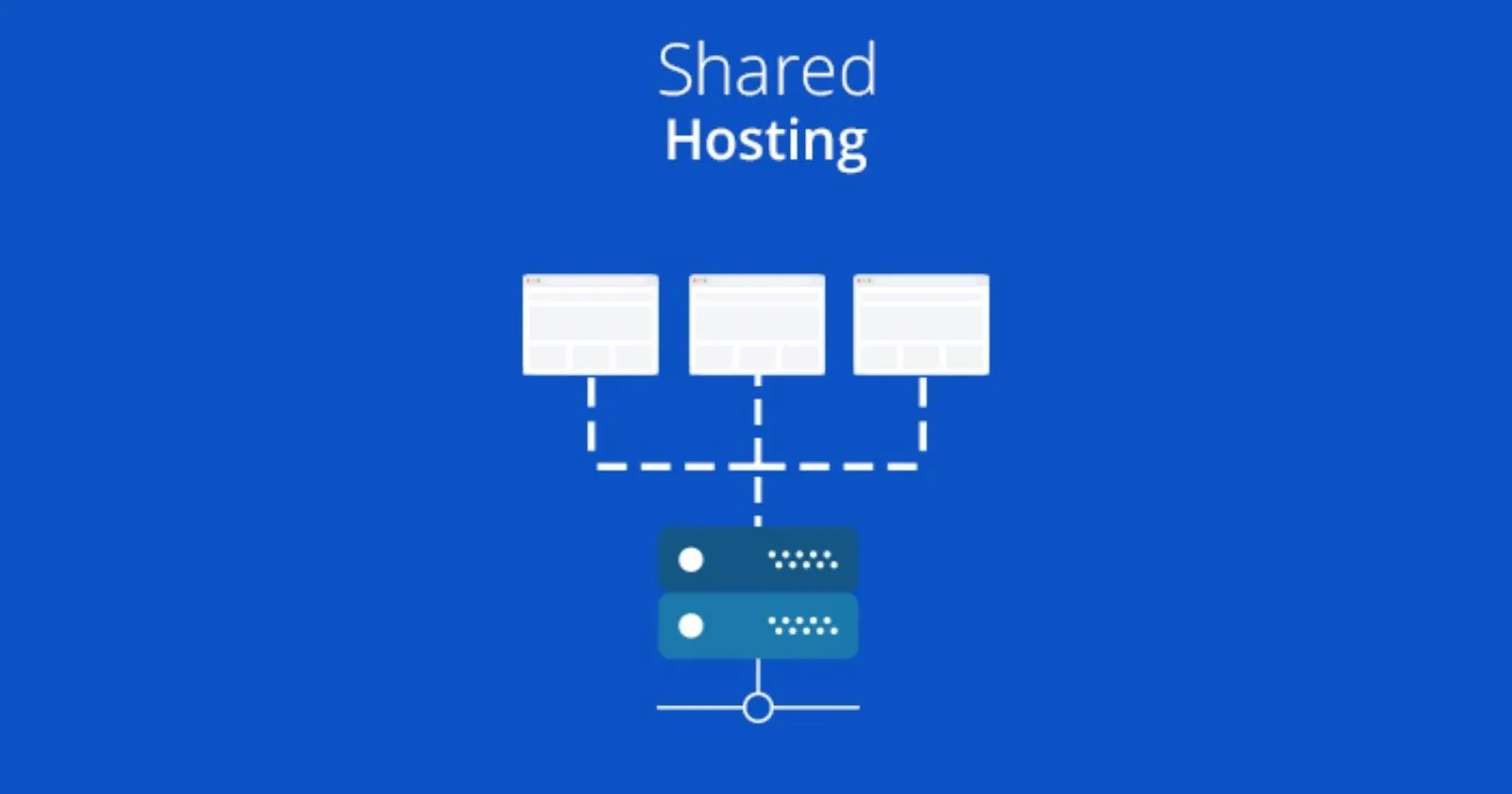Shared Hosting Explained: Pros, Cons, and When to Use It
Shared hosting is a type of web hosting service where multiple websites reside on a single physical server maintained by a hosting provider. All the websites on that server share its resources, including CPU (Central Processing Unit) time, RAM (Random Access Memory), disk space, and bandwidth. Think of it like renting an apartment in a large building: you have your own unit (website files), but you share the building’s overall structure, utilities (server resources), and potentially encounter neighbours using those shared utilities simultaneously. This model allows providers to offer hosting at a very low cost, making it an extremely popular choice for beginners, personal blogs, small businesses, and websites with low to moderate traffic.
Read also : Namecheap Hosting Review
Table of Contents
Key Benefits of Shared Hosting
The primary appeal of shared hosting lies in its accessibility and simplicity:
- Affordability: Because the server costs are split among many users, shared hosting plans are typically the cheapest available, often costing just a few dollars per month. This makes it an excellent affordable hosting option.
- Ease of Use: Shared hosting is designed for beginners. Providers usually include user-friendly control panels (like cPanel or Plesk), one-click installers for software like WordPress, and handle most server maintenance tasks (updates, security).
- Maintenance Included: The hosting provider manages the server hardware, network infrastructure, software updates, and security patches, freeing you from complex technical tasks.
- Sufficient for Many Websites: For new websites, blogs, portfolios, and small business sites without high traffic demands or complex functionalities, shared hosting often provides adequate resources and performance.
Understanding Shared Hosting Limitations
While cost-effective, the shared nature also introduces limitations:
- Limited Resources: You share CPU, RAM, and bandwidth. If another website on the same server experiences a sudden traffic spike or uses excessive resources, it can potentially slow down your website (the “noisy neighbor” effect). Providers often impose limits on resource usage.
- Performance Constraints: Shared hosting generally offers lower performance compared to VPS or dedicated servers due to the shared resources. Loading speeds might be slower, especially under load.
- Less Control & Customization: You typically don’t get root access and are restricted in the software you can install or server configurations you can change. This limits flexibility for developers or sites with specific technical needs.
- Potential Security Risks: Although providers implement security measures, a security breach on one site sharing the server could potentially (though less commonly now) impact others on the same machine.
- Scalability Issues: If your website grows significantly in traffic or resource needs, you will likely outgrow your shared hosting plan and need to upgrade to a more robust solution like VPS hosting. These are common hosting limitations of shared plans.
Read also : Flywheel Hosting Review
Shared Hosting vs. VPS Hosting: When to Upgrade?
The most common upgrade path from shared hosting is to a Virtual Private Server (VPS). Here’s a quick comparison:
- Resources: Shared = Pooled & Variable; VPS = Dedicated & Guaranteed (within virtual limits).
- Performance: Shared = Moderate, susceptible to neighbors; VPS = Better, more consistent.
- Control: Shared = Limited (Control Panel); VPS = High (Root/Admin access).
- Security: Shared = Good, but potentially shared risk; VPS = Enhanced due to isolation.
- Cost: Shared = Lowest; VPS = Moderate.

You should consider upgrading from shared to VPS hosting when:
- Your website consistently loads slowly.
- You experience downtime due to other sites on the server.
- Your website traffic has grown significantly.
- You need to install custom software or require specific server configurations.
- You require enhanced security or dedicated IP addresses.
Starting Your Online Journey?
WebDest offers reliable and affordable shared hosting plans perfect for new websites, blogs, and small businesses. Get started easily today!
Conclusion
Shared hosting provides an accessible and budget-friendly way to get a website online. Its ease of use and low cost make it ideal for beginners and small-scale projects. However, it’s crucial to understand its inherent limitations regarding resources, performance, and control. As your website grows or your needs become more complex, upgrading to a more powerful solution like VPS hosting will likely be necessary to ensure optimal performance and flexibility.





